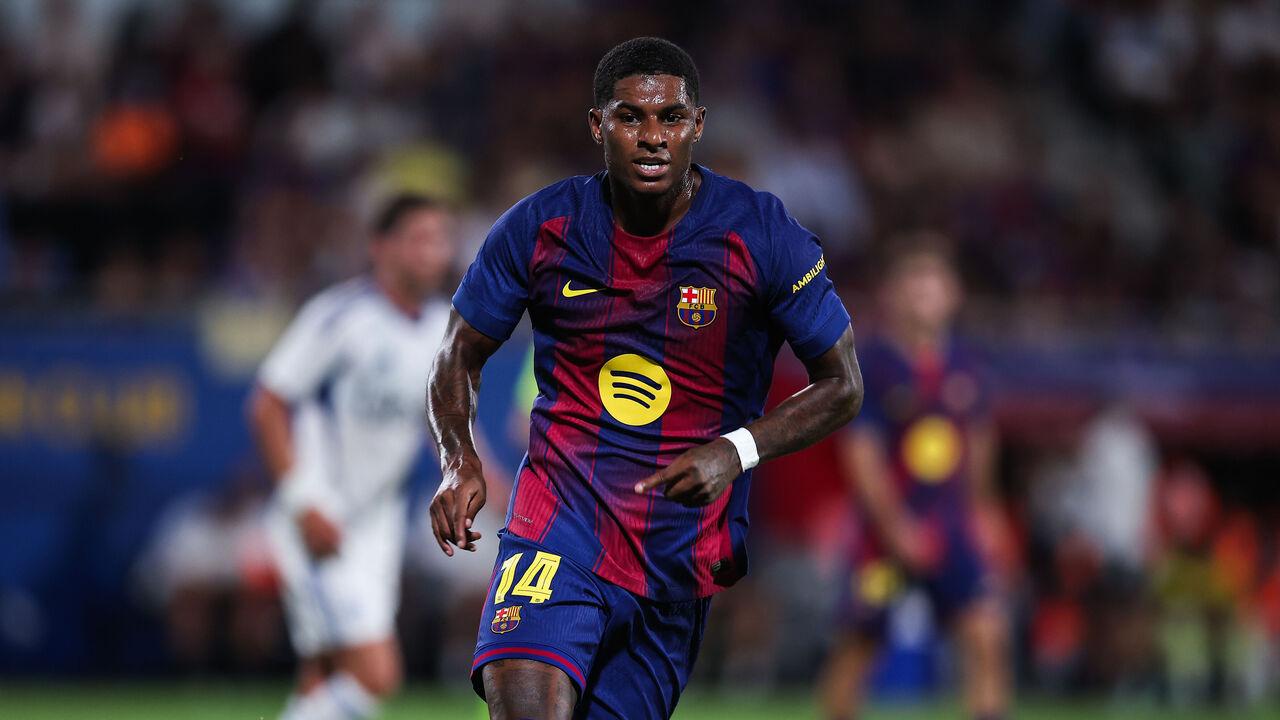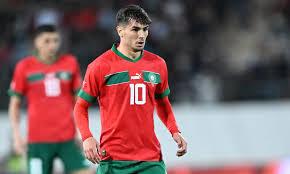When Marcus Rashford touched down in Barcelona in July 2025 on loan from Manchester United, he didn't just bring pace, flair, and a well‑timed brace of goals from his debut days; he also carried with him the weight of two very distinct footballing cultures. In his first interviews, Rashford didn’t shy away from reflecting on how training, mentality, and social environment differ between Spain and England. His insight isn’t just football talk; it offers a fascinating glimpse into how culture shapes a player’s development, mindset, and on‑pitch rhythm.
Training: Rhythm Over Endurance
Rashford’s earliest observations centered on the training itself. “Training is very intense… It’s been tough,” he said, noting the pacing and constant engagement in Spain. “It’s more constant, more on the ball, and there’s less rest between exercises.” That makes it “more difficult, in terms of intensity, but… easier, because you have more rhythm.”
This alias‑breaking shift from England’s heavy‑running, endurance‑focused drills to Spanish practice that blends intensity with ball‑work might just change how Rashford approaches match‑readiness. Spanish sessions cultivate rhythm, fluidity between movement and touch, while English drills have long emphasized sheer physical resilience. The result? Players who feel the flow, not just the exhaustion.
Language as a Living Tactic
Off the pitch, Rashford was thrust into a multilingual, multicultural locker room. He acknowledged that while Spanish and Catalan dominate the Barcelona dressing room, English speakers like Frenkie de Jong and Jules Koundé help bridge the gap. On the field, Rashford says, “Football… is a language in itself.”
This highlights the universal fluency of football. Even when words fail, understanding and instinct take charge: movement, timing, spatial awareness, and the game speaks for itself. Yet, adapting linguistically still matters. Learning the terms, the slang, the cues, it’s the difference between standing on the bench and becoming part of the pulse.
Youth, Maturity & Pedagogy
Perhaps the most illuminating contrast Rashford draws is in player maturity. He remarks that Barcelona’s young squad, often dominated by early‑twenties stars and even teenagers, play with a maturity beyond their years. “I’m more experienced… It’s refreshing playing with the young ones,” he says.
And how does that maturity emerge? Rashford believes Spanish academies teach not just skill usage, but timing and context. “In England, you’re developed to always show your skillset, but... there’s a time and a place to show it. In England, you’re just told to dribble.”
This discipline, knowing when to hold the ball, when to press forward, when to reset, can be the difference between dazzling and reckless. It speaks volumes about the tactician’s heart beating behind Spanish players’ flair.

Tactical Identity: A High Line with High Expectations
On the tactical front, Rashford was struck by Barcelona's bold pressing strategy: a high defensive line executed with confidence and precision. “Everyone looks just offside, but they’re so confident in it… it’s really impressive.”
Spain’s tactical cultures, from La Masia to Barça’s evolving identity, favour technical discipline, spatial control, and collective synchronicity. Contrast that with England’s often direct, physical approach: pace, power, and pressing without constant ball possession. For Rashford, this introduces a new vocabulary of movement and tactical nuance.
Cultural Adaptation and Personal Growth
Beyond the training ground, Rashford is learning Spanish, embracing the culture, and stepping into daily rhythms unlike Manchester. He even noted earlier that Spain’s lifestyle is easier—“you can walk the dog, go to the shops” criticizing life in England for its difficulties.
Such lifestyle shifts are more than commentary on convenience; they shape mindset, mental freshness, and mood. A player at peace off the pitch performs brighter on it.
A Unique Angle: The Cultural Middleware
Let’s frame Marcus Rashford as a cultural middleware—a bridge between two footballing worlds. He’s not just adapting; he’s absorbing, translating, and evolving. He carries English grit, dribbling flair, and raw power, learning from a Spanish environment that shapes timing, rhythm, and collective nuance. He embodies the potential to merge two distinct traditions into a more complete footballer.
Connecting with Readers: A Personal Voice
Imagine writing this from your viewpoint:
Personal Reflection
When I first read Rashford’s words, I recognized more than football differences, I sensed broader lessons about adaptability. In England, I grew accustomed to praising hustle, celebrating speed, urging constant action. But what if playing, or living, meant learning when to hold, when to move quietly, when to emerge like a whisper? Watching Rashford describe Spanish training’s rhythm made me reflect on my own work pace, my urge to always “do” even when repose yields greater return. The idea that maturity isn’t age, but contextual done-ness… that resonated beyond the pitch. It inspired me to think: what if life’s rhythms, relationships, even decisions are a game of timing and rhythm, not force alone?
Subscribe
Are you intrigued by how football cultures shape players and personhood? Let’s dig deeper and engage together!
- Comment below: Have you ever adapted to a different cultural or professional rhythm? Tell us about when you discovered “there’s a time and place,” and how that changed your game.
- Share this article with friends who follow football, coaching, or personal development, let’s explore how Messi’s youth or Pedri’s maturity emerges from context.
- Subscribe for more cultural crossovers
Leave a comment
Your email address will not be published. Required fields are marked *




